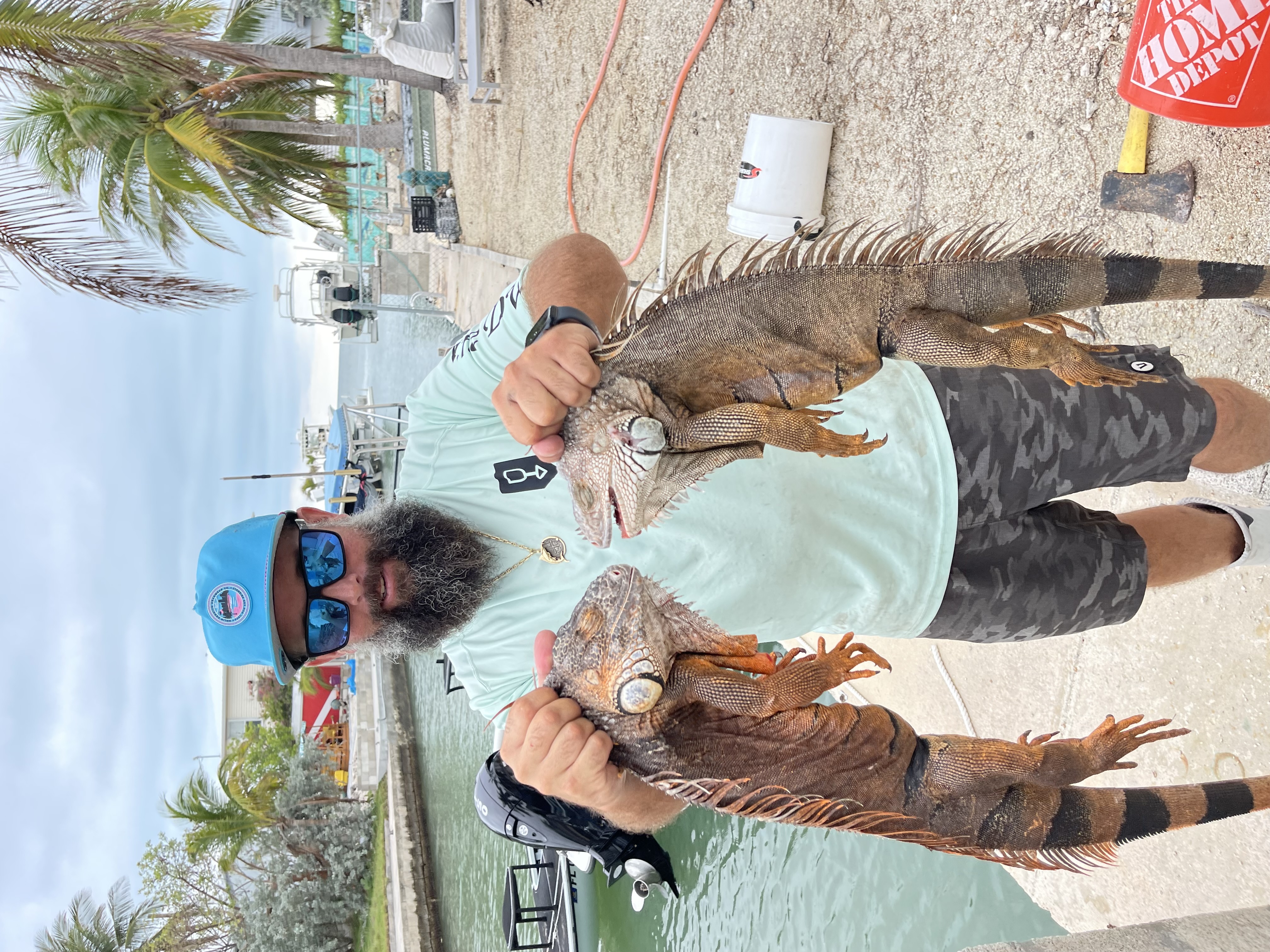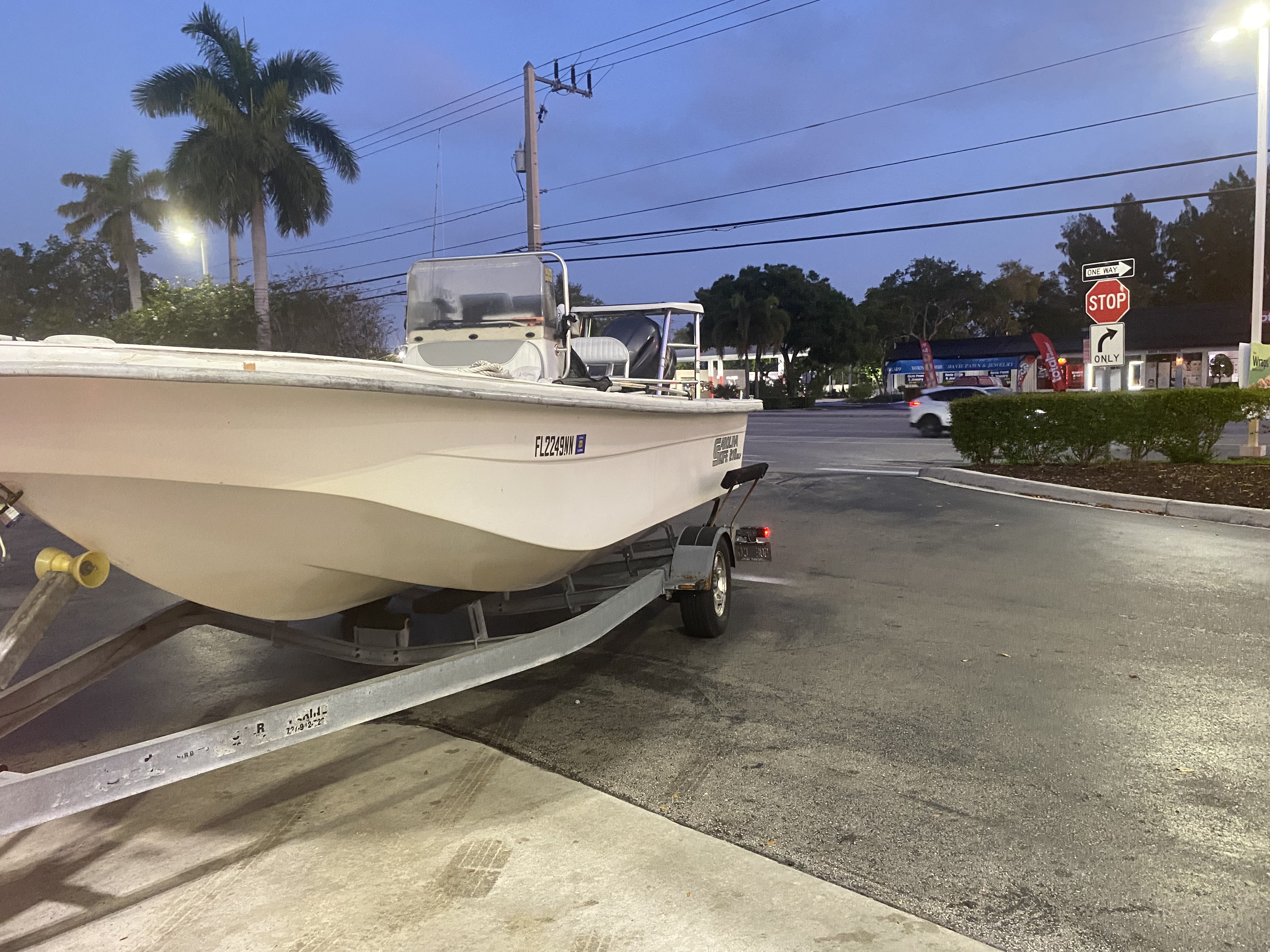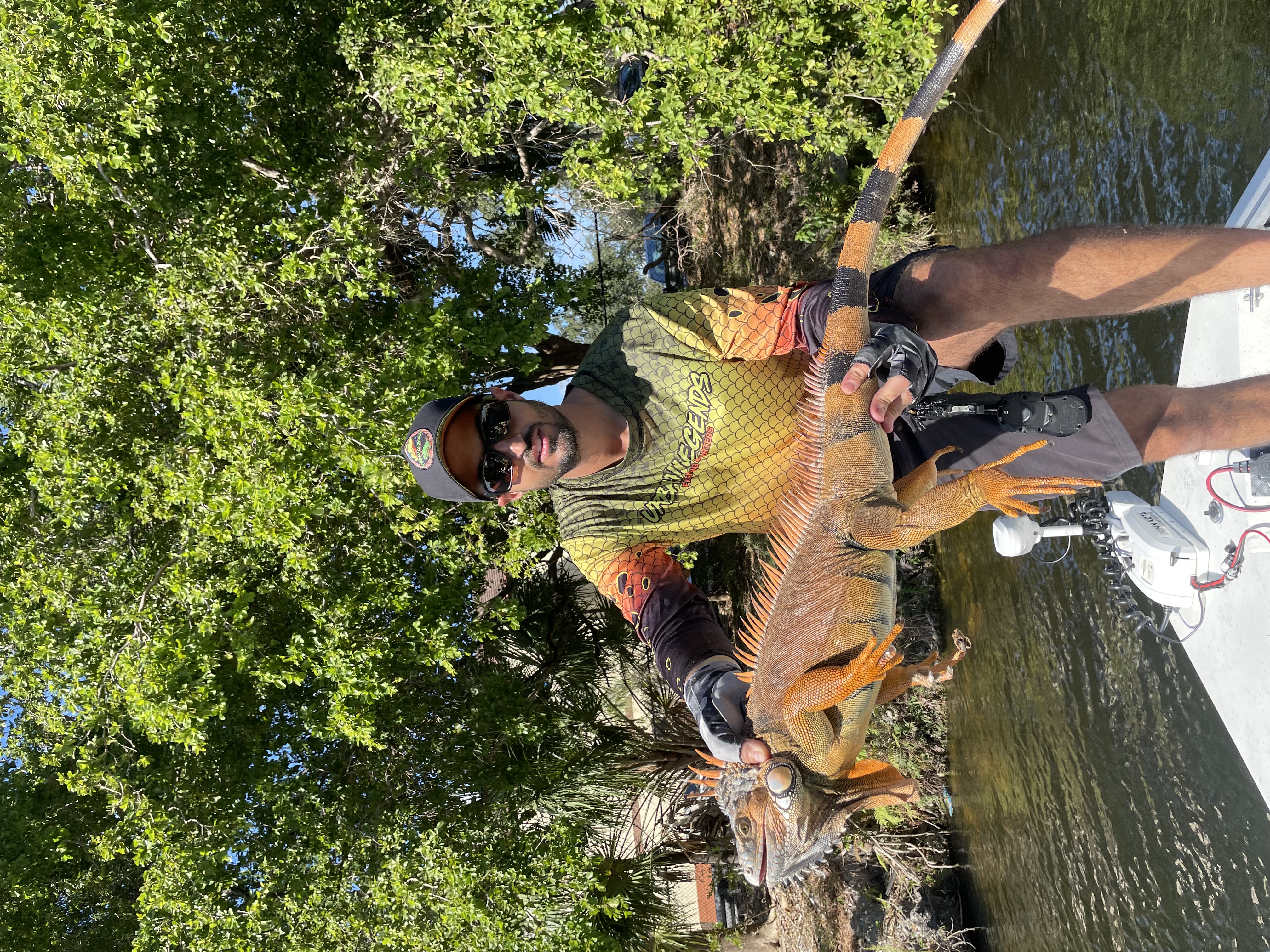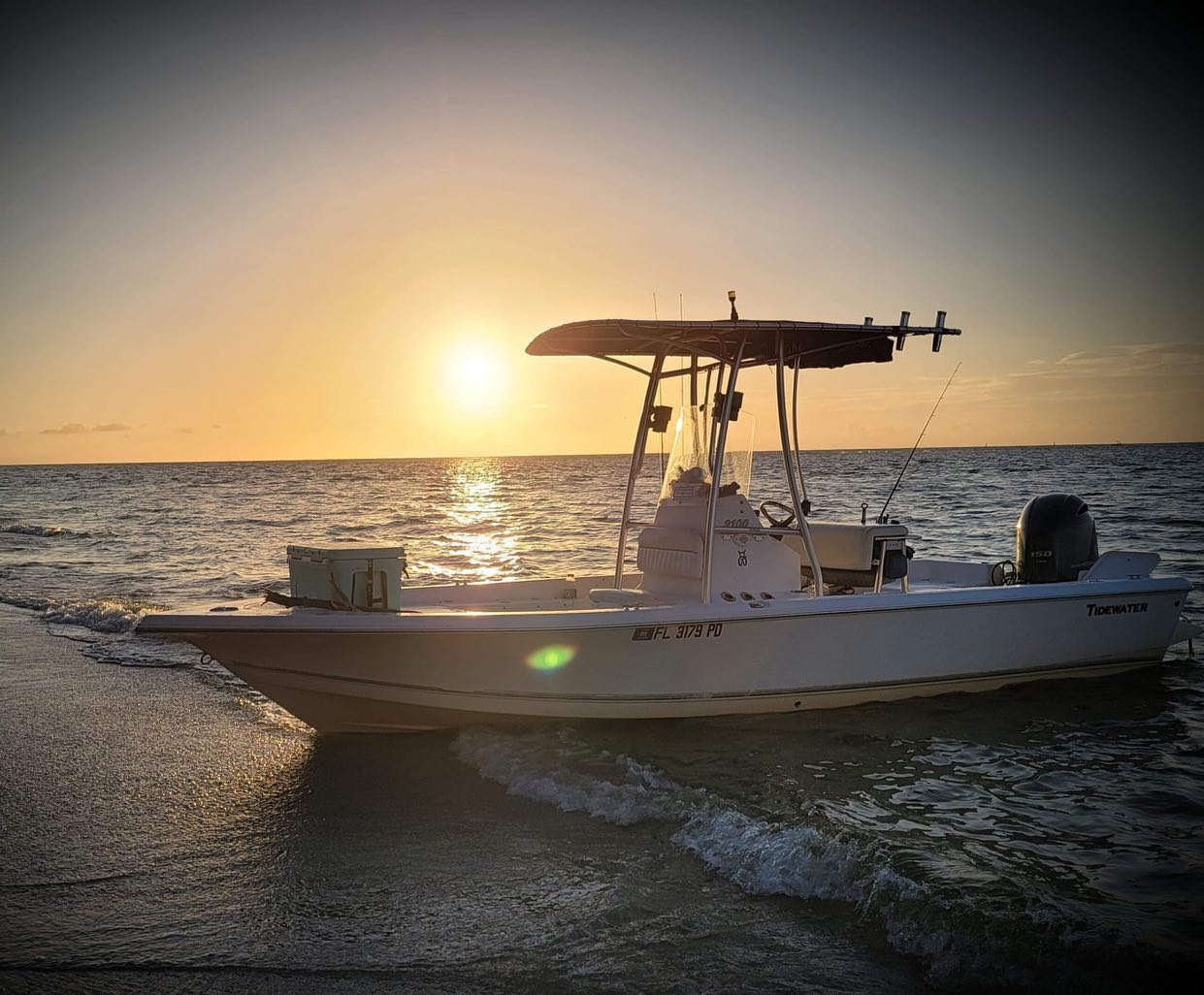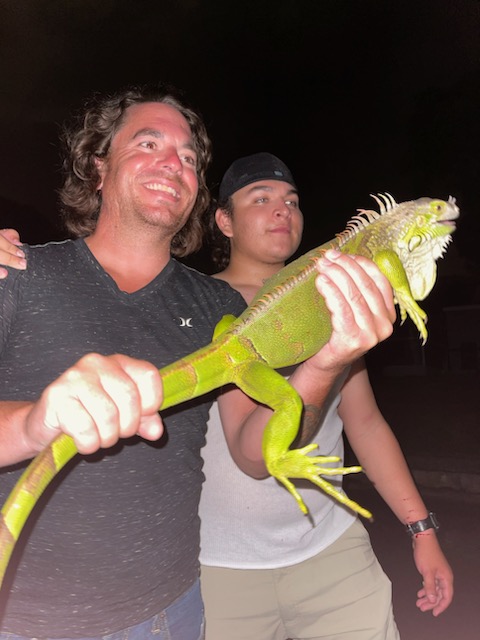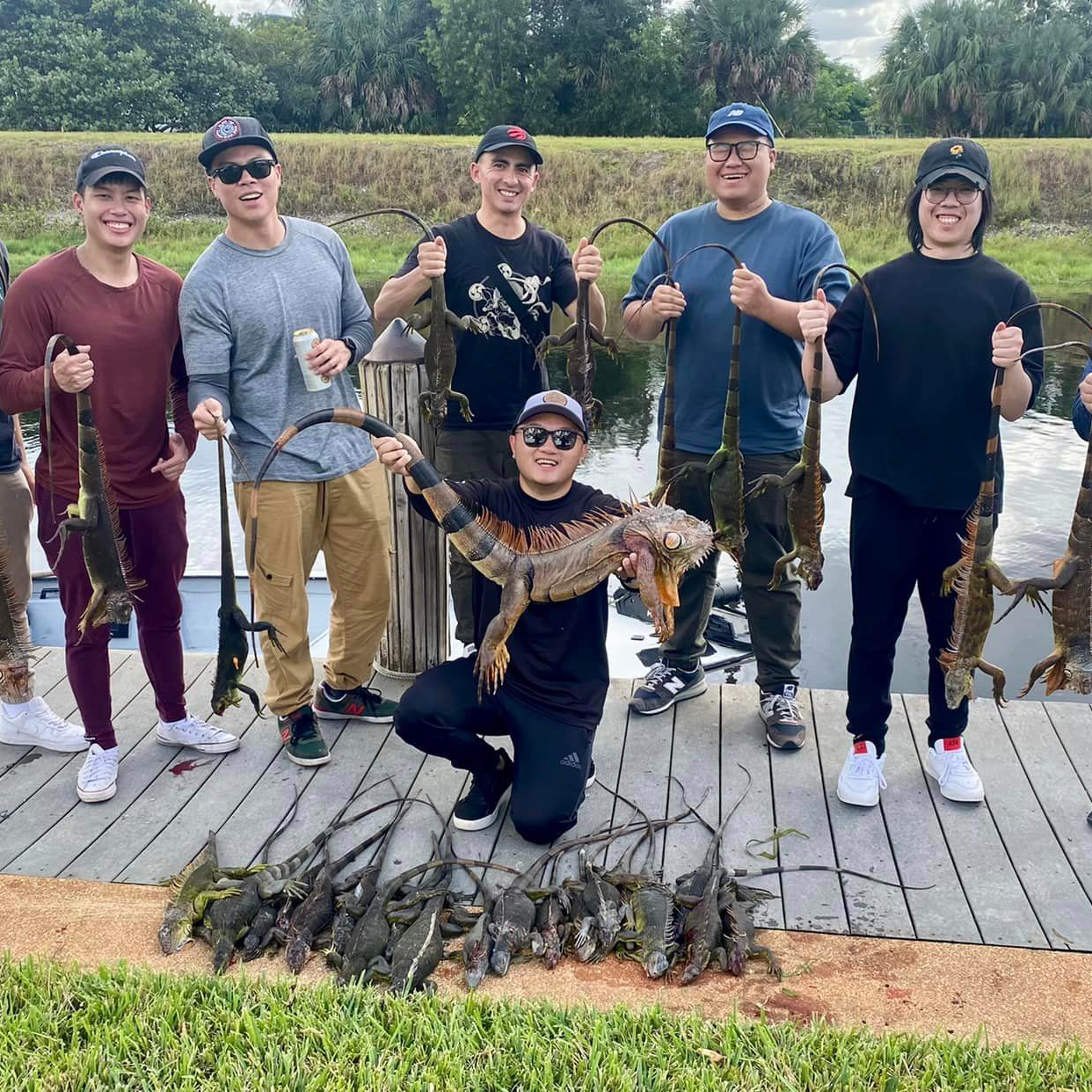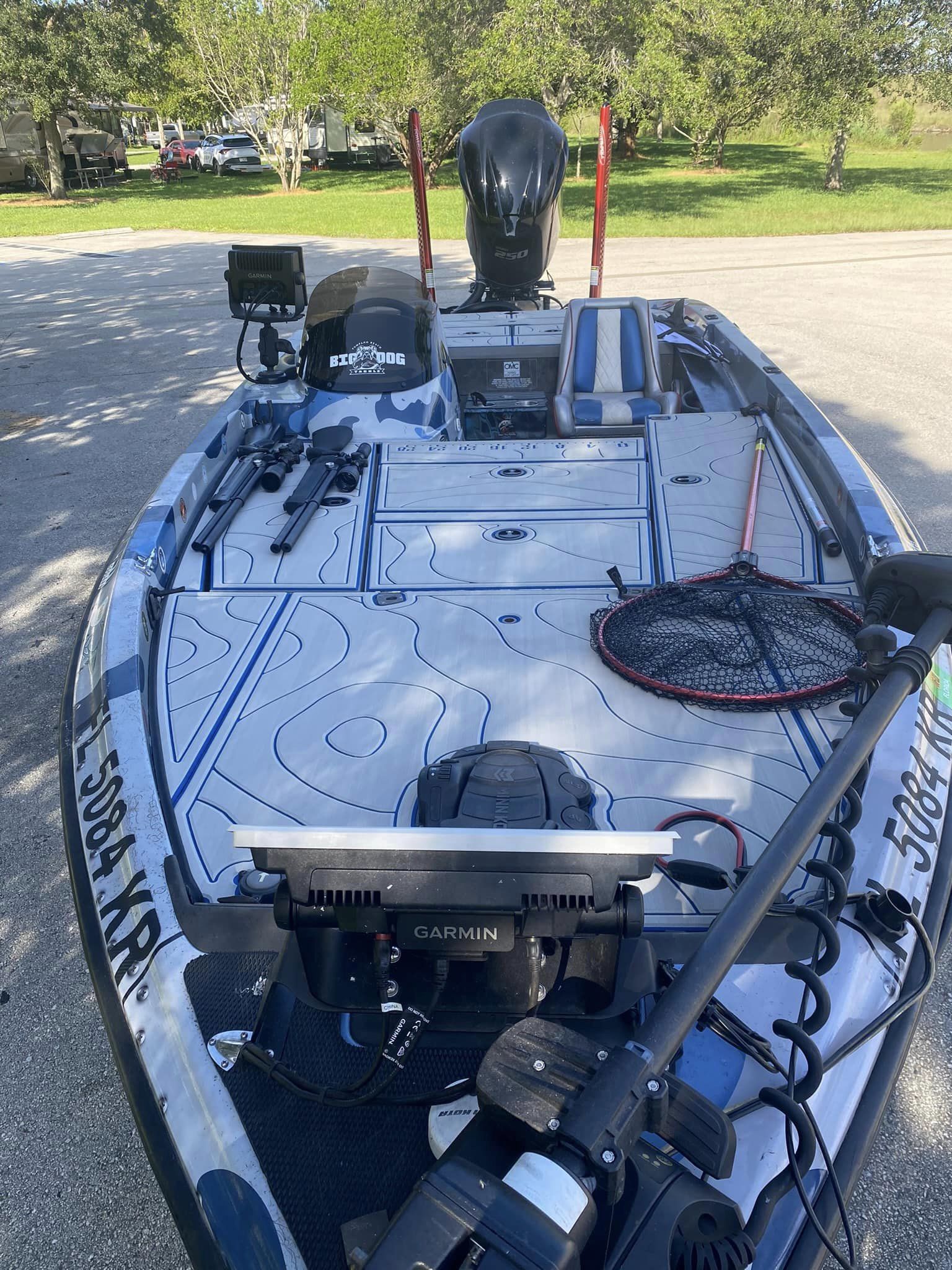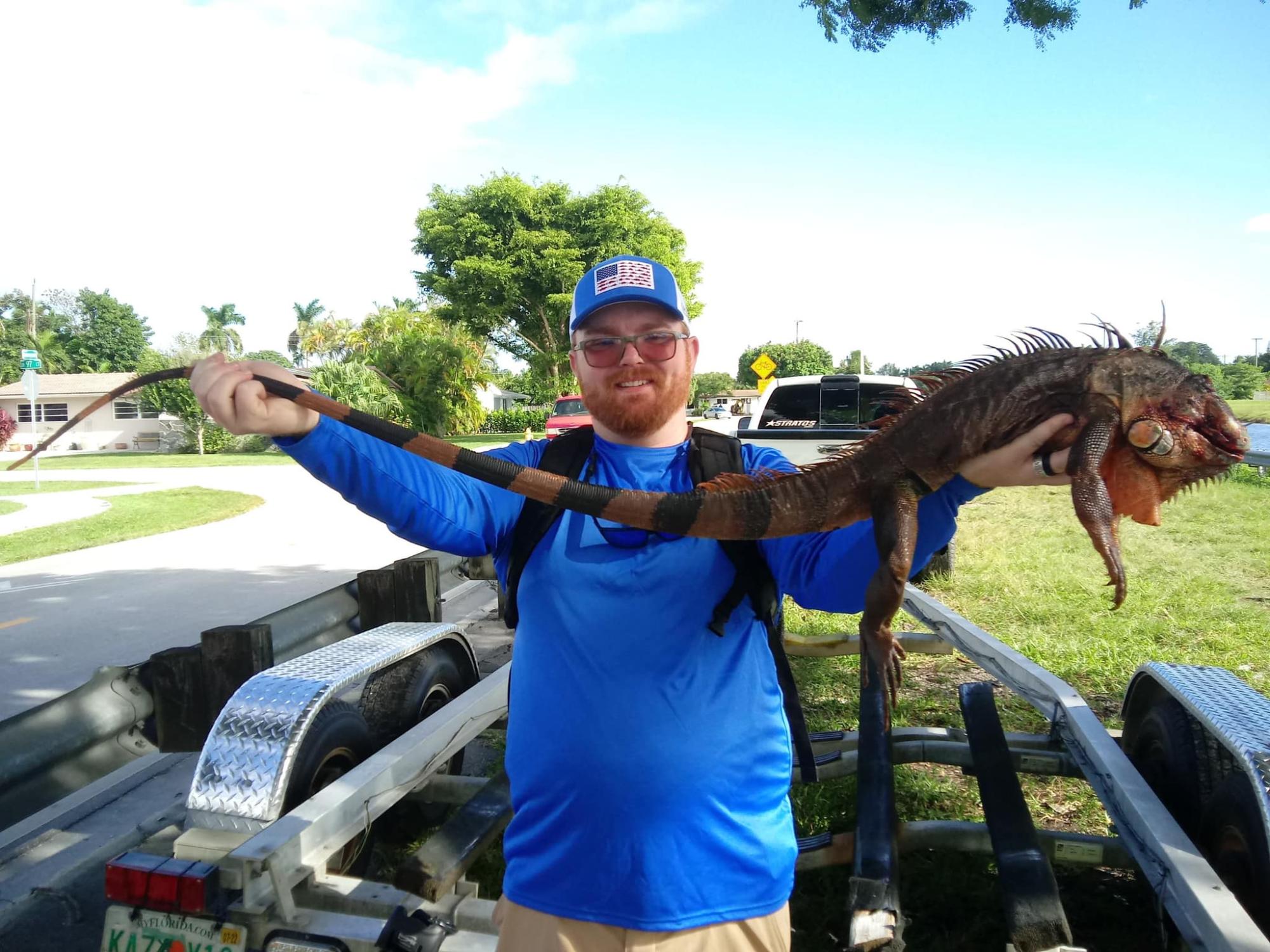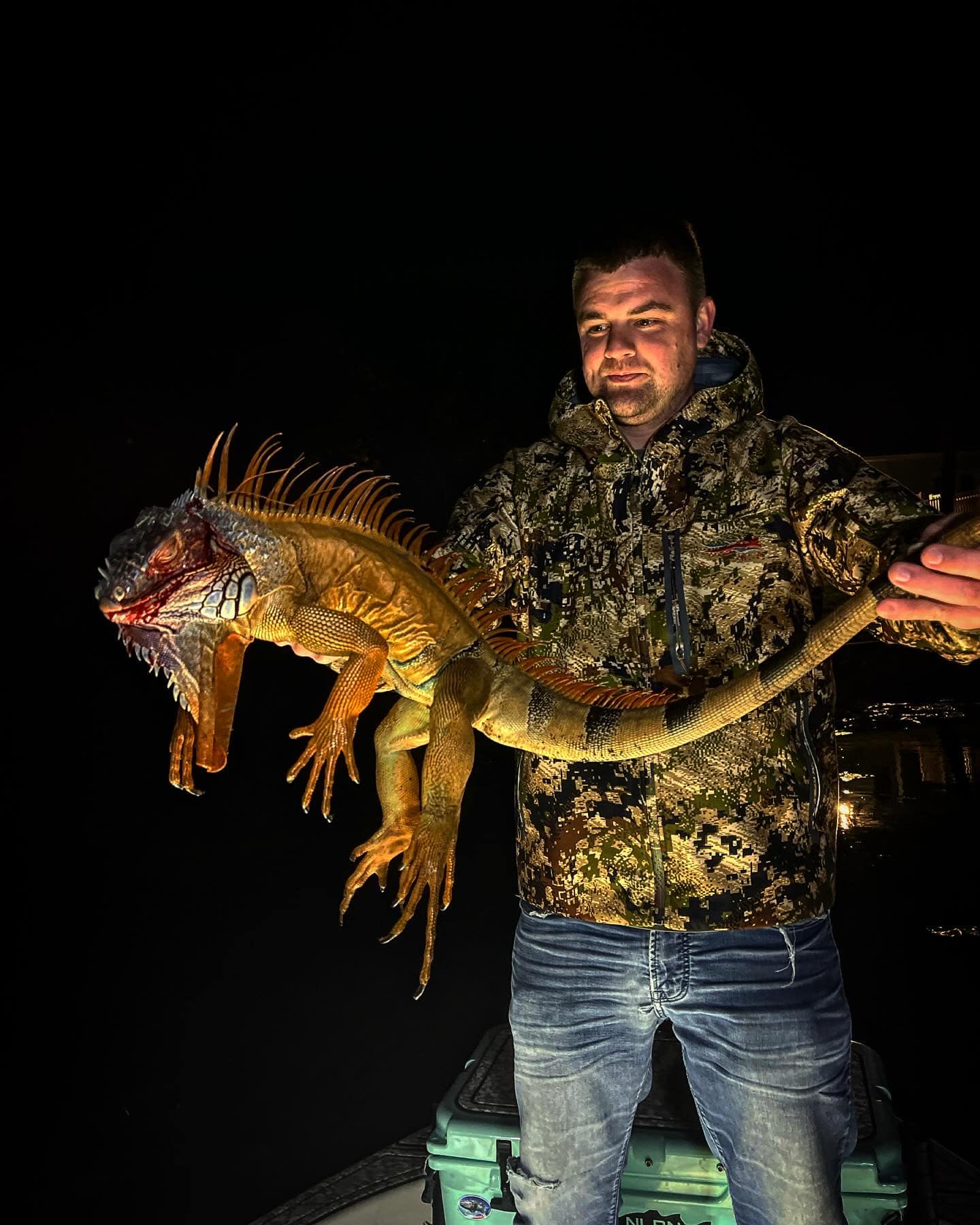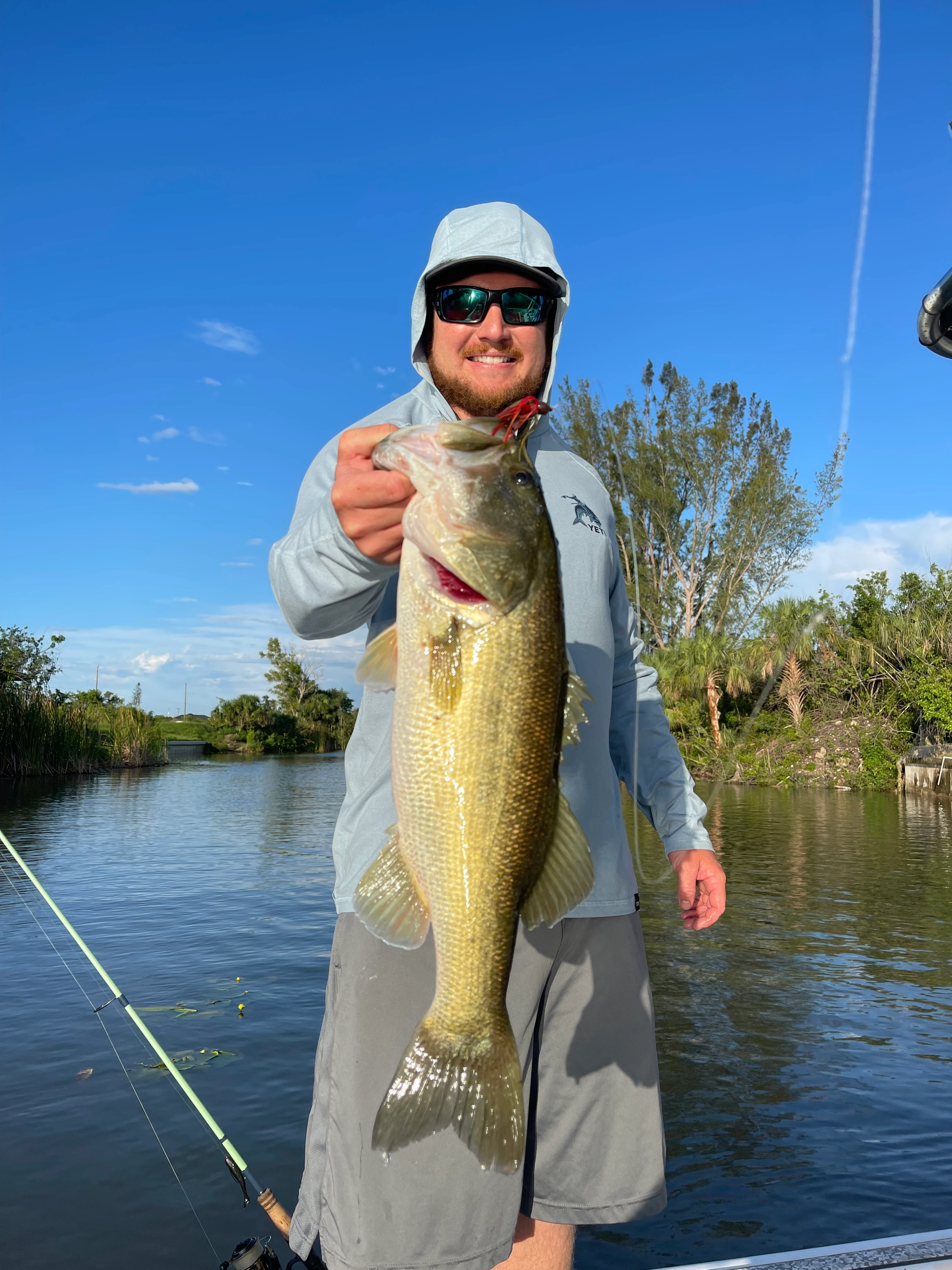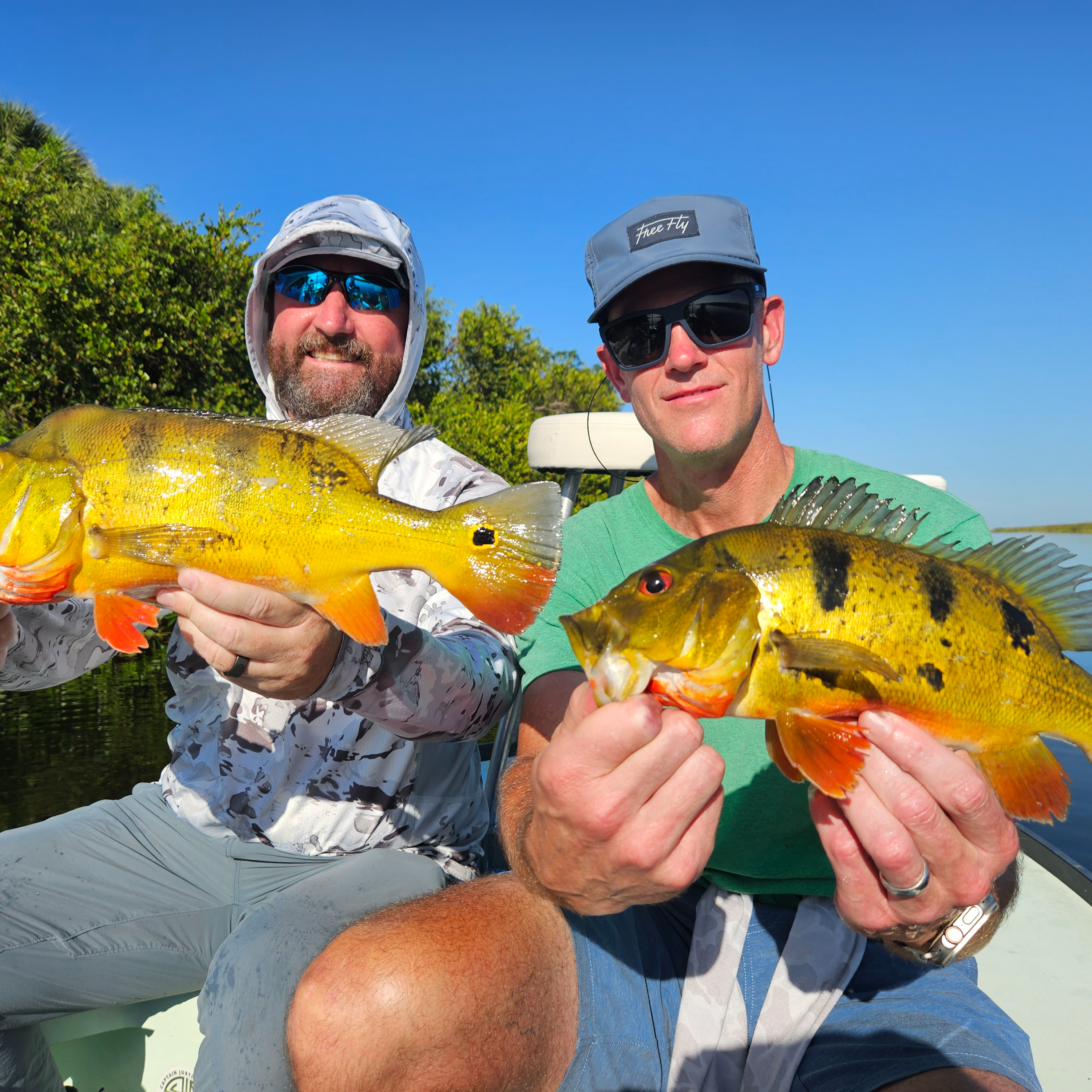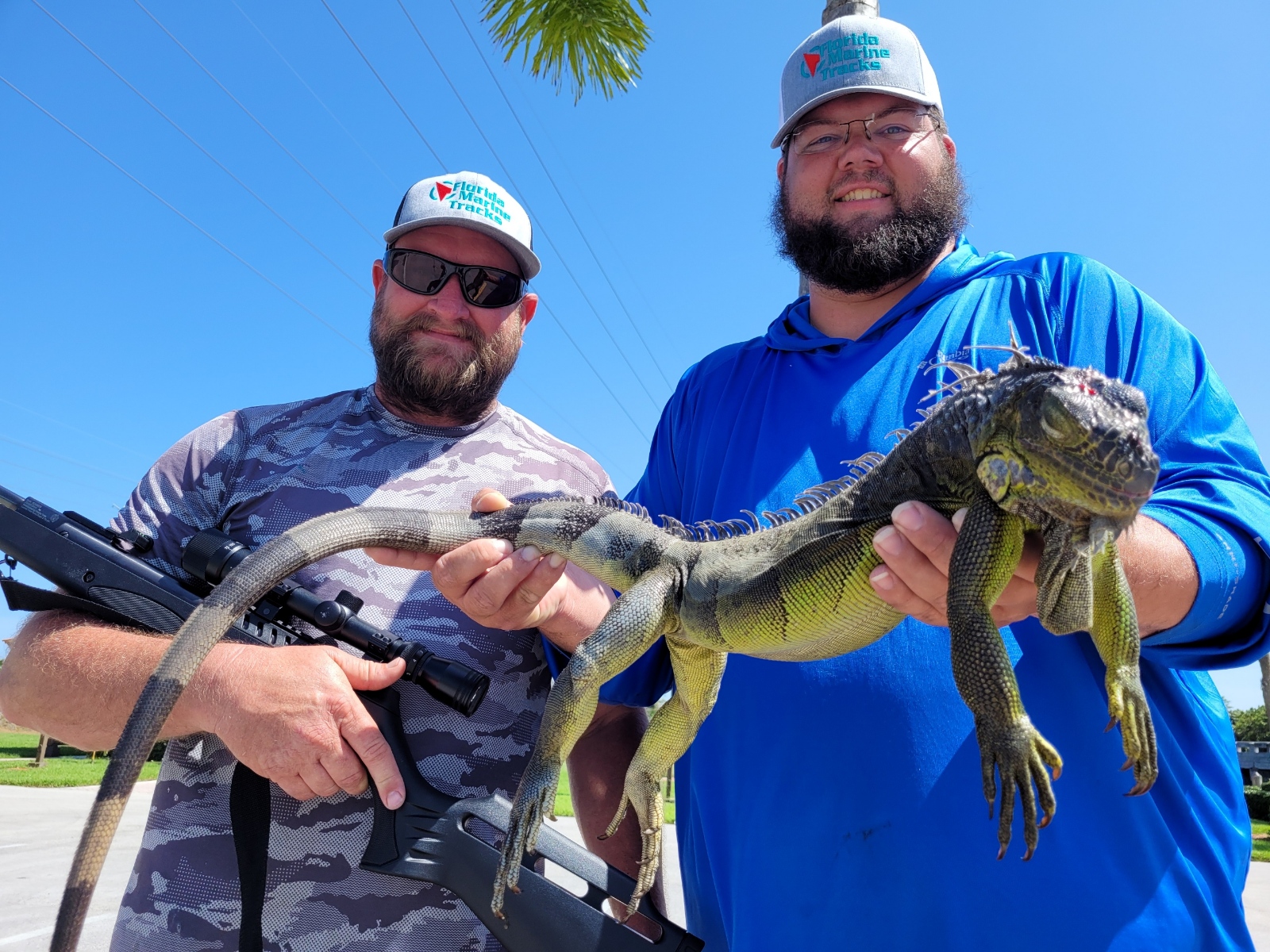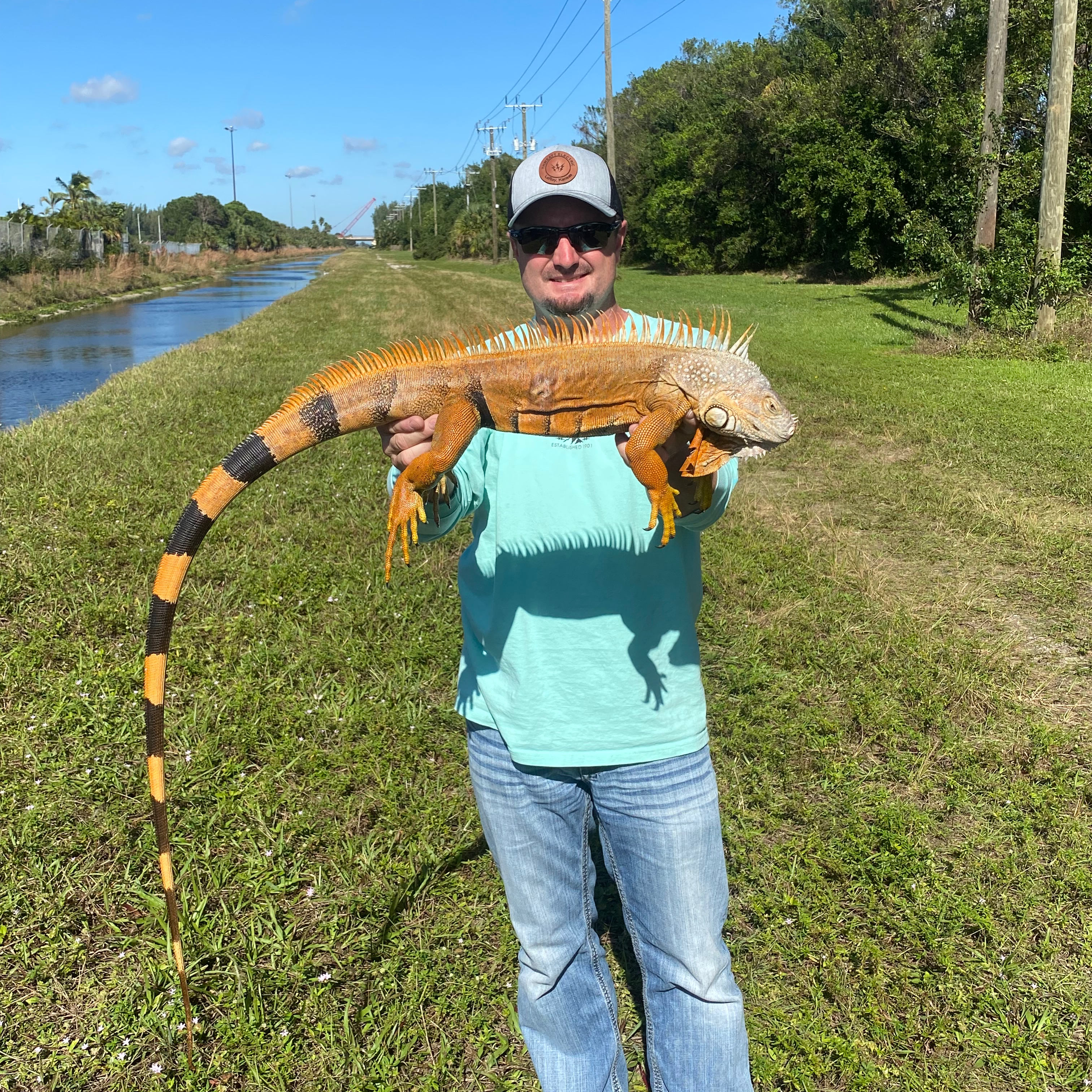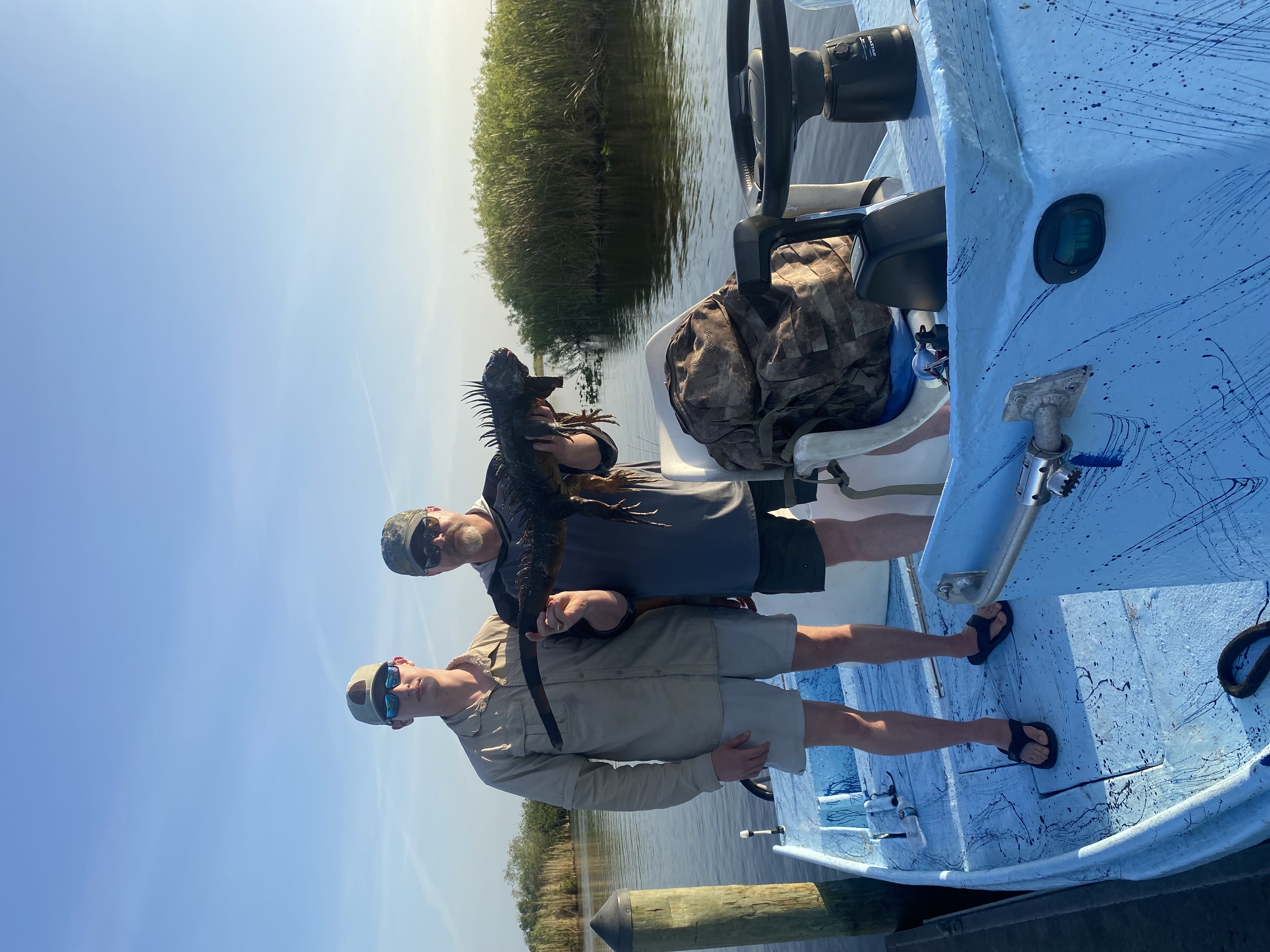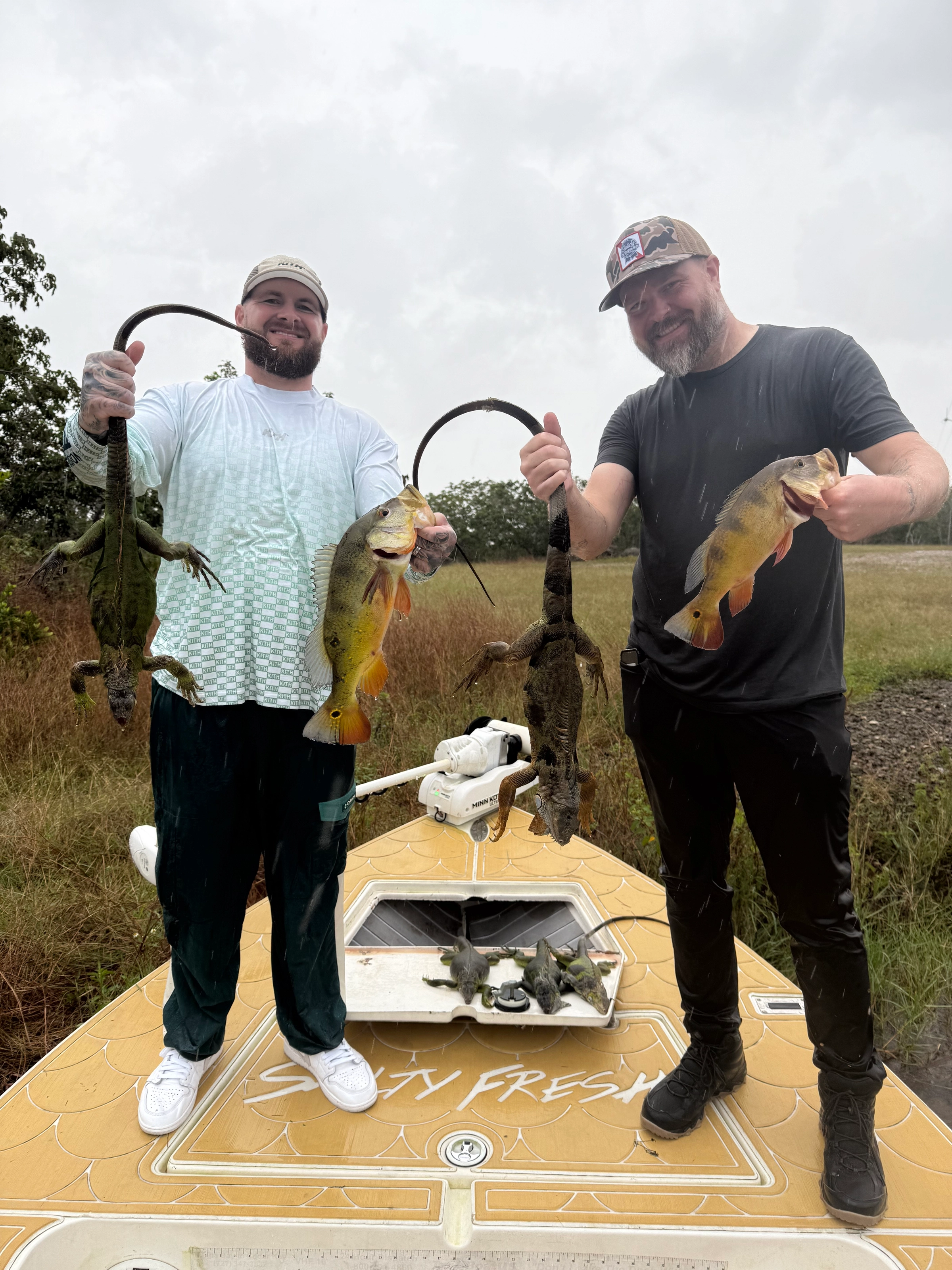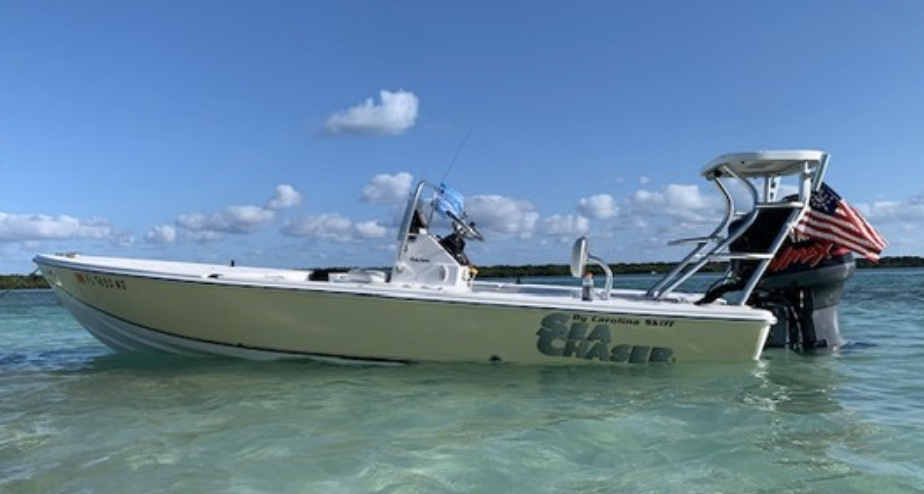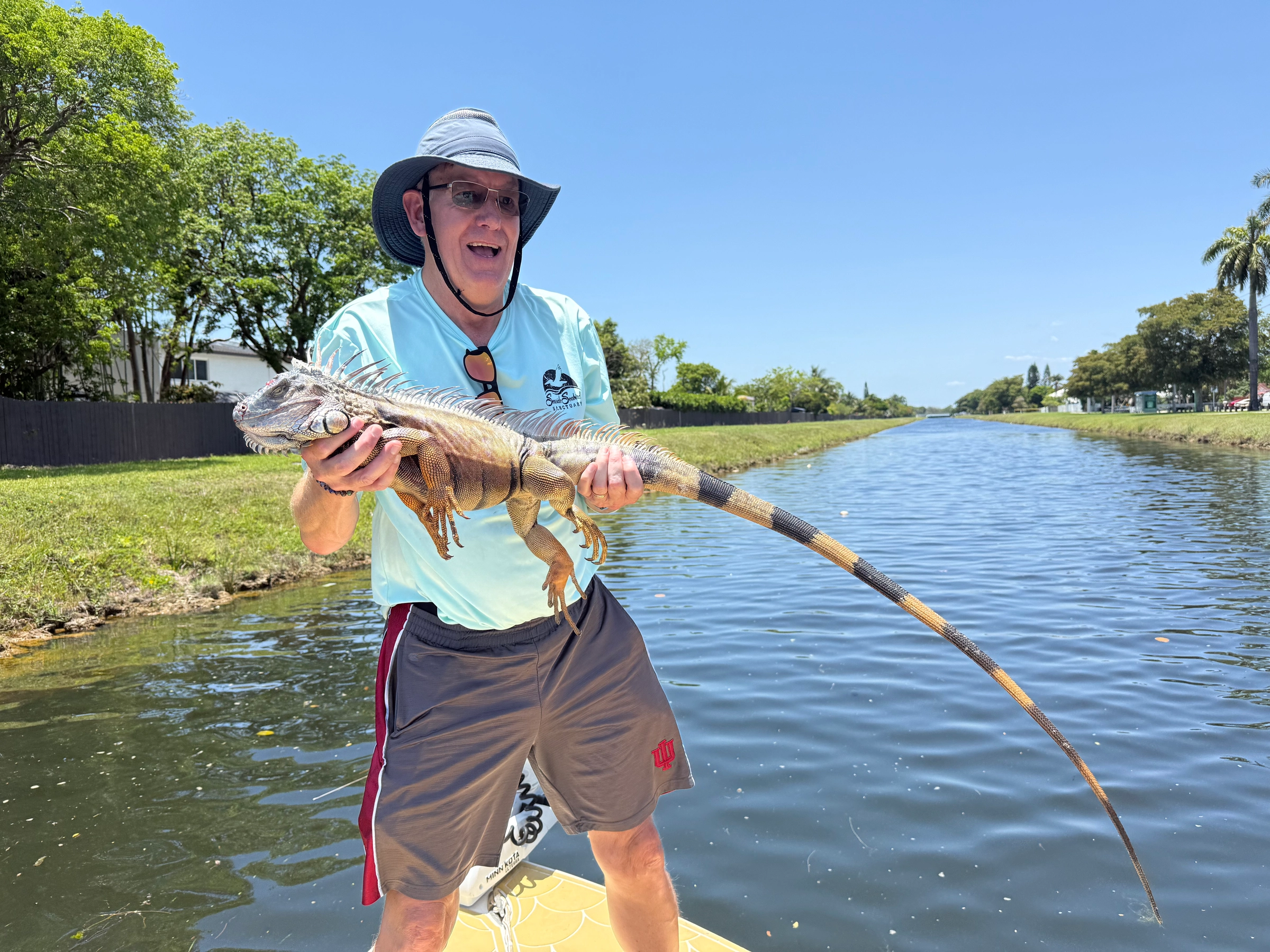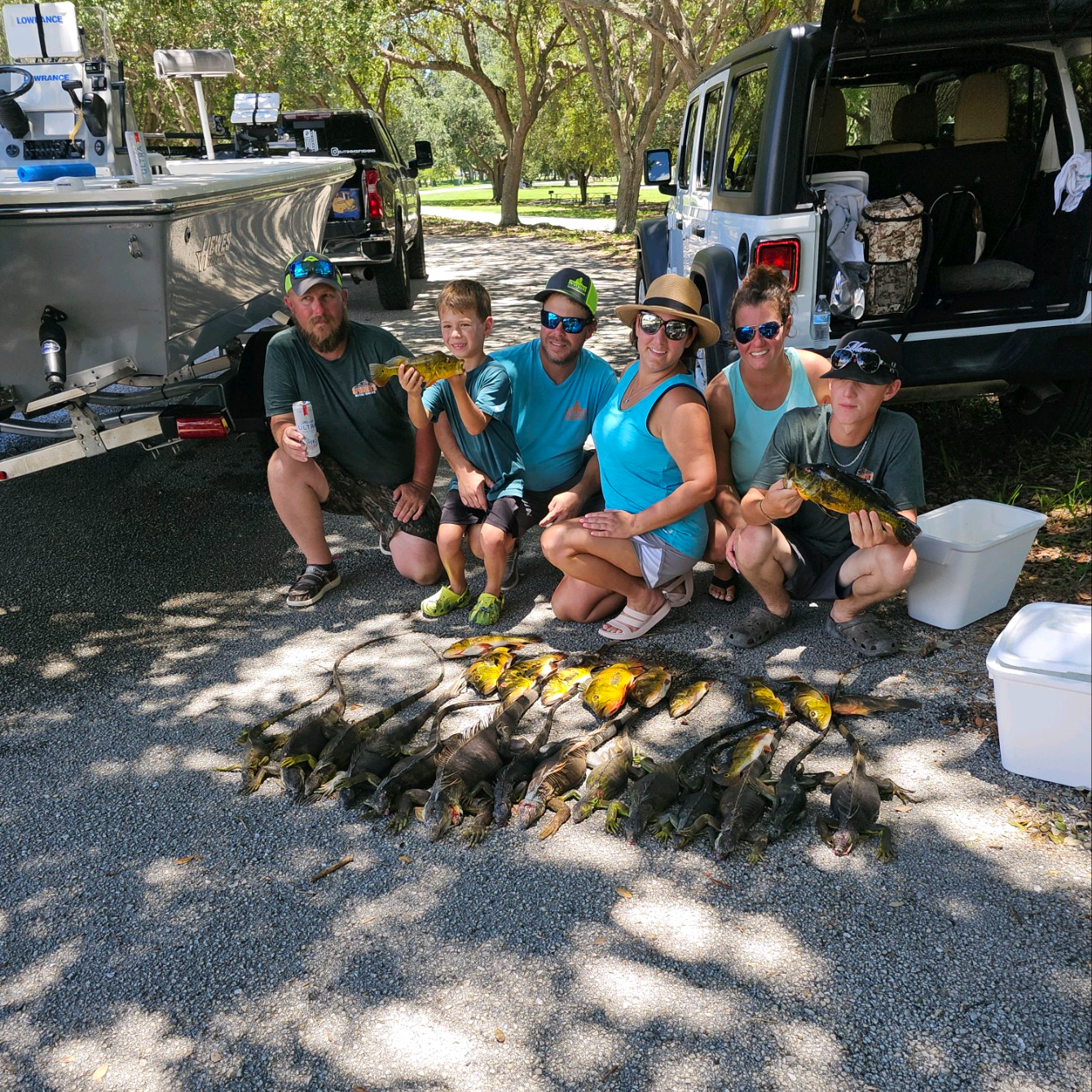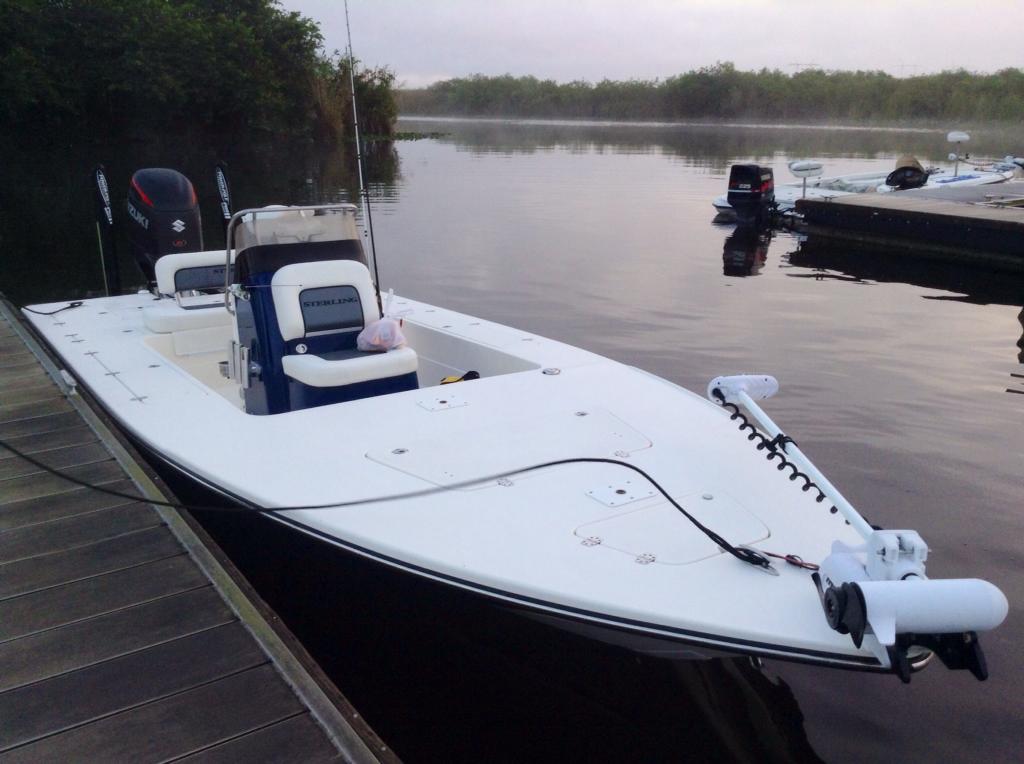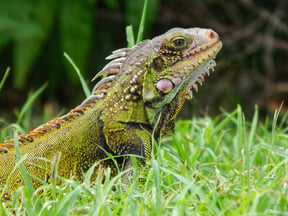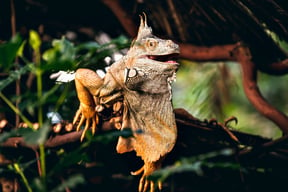Invasive Species Hunting in Stock Island
Iguana Hunt
Iguana Hunting
Peacock Bass + Iguana Charter
Invasive Species Hunting in Cape Coral
Iguana Bow Hunt & Bowfishing Combo
Invasive Species Hunting in Fort Lauderdale
Multi Boat Iguana Hunt
Invasive Species Hunting in Cape Coral
Peacock Bass And Iguana Hunt Combo
Cast & Blast in Fort Lauderdale
Cast And Blast Adventures
Invasive Species Hunting in West Palm Beach
West Palm Iguana Hunting
Peacock Bass + Iguana Cast & Blast
Peacock Bass & Iguana Cast & Blast
We started Captain Experiences to make it easy to book fishing and hunting guides around the world. With over 2,000 Damn Good Guides, our platform makes finding and booking a trip seamless. Head here to check out our trips.
Green iguanas are large, herbivorous lizards native to Central and South America, including parts of Mexico, Central America, and northern South America. In recent years, they have become an invasive species in Florida, leading to a range of environmental and ecological concerns.
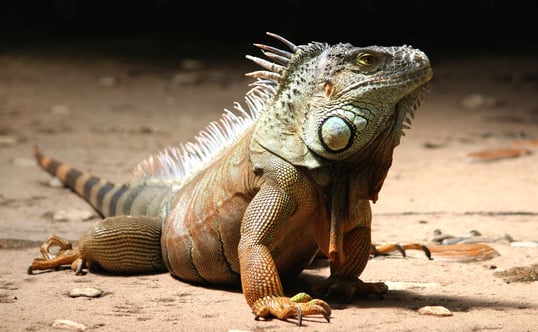
Origin
Green iguanas were likely introduced to Florida through the pet trade. Many people buy them as pets when they are small, cute, and manageable, but as they grow, they can become difficult to care for and some owners release them into the wild. This has led to established populations in parts of Florida, particularly in the southern regions with warm and humid climates.
Habitat and Behavior
Green iguanas prefer areas with abundant vegetation and access to water. They are excellent climbers and are often found in trees or near water bodies. They are cold-blooded and rely on external heat sources, like the sun, to regulate their body temperature.
Physical Characteristics
Green iguanas are one of the largest lizard species, with males reaching lengths of 5 to 7 feet (including the tail) and females being slightly smaller. They have a distinctive green coloration, but their shade of green can vary, and they might also have some other colors or patterns on their skin.
Temperament
Green iguanas are not typically considered friendly pets. While they can become somewhat tame with proper handling and care from a young age, they often have specific requirements that can be challenging for most pet owners to meet. Additionally, as they mature, they can become more aggressive and territorial.
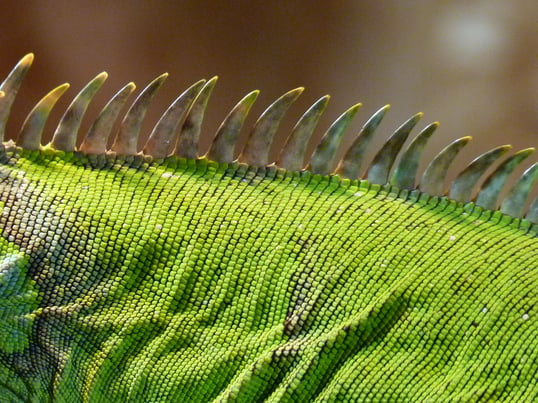
Reproduction
Green iguanas reproduce through sexual reproduction. Females lay clutches of eggs, usually in burrows or other hidden locations. The exact reproductive frequency can depend on various factors including environmental conditions, but females can lay multiple clutches of eggs in a single year under favorable circumstances.
Effects on the Environment
Green iguanas are considered invasive in Florida because they can have detrimental effects on the local ecosystem. They are known to eat a wide variety of plants, which can impact native vegetation and disrupt local food chains. They can also damage infrastructure, like seawalls and sidewalks, by burrowing. Their burrows can erode soil and destabilize structures.
Control Measures
Efforts to control green iguana populations in Florida include a combination of strategies. These include public education about responsible pet ownership and not releasing pets into the wild, targeted removal efforts by wildlife management agencies, and in some cases, even culling programs to reduce their numbers.
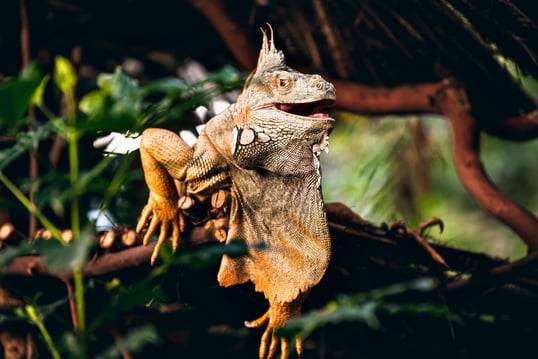
Book Your Next Iguana Hunt
Iguana hunting can be an exciting and efficient way to help the environment by controlling the rapidly increasing population of invasive lizards. If you’re looking to book an iguana hunting adventure, check out our iguana hunting charters to book a trip with one of our local and professional guides.
Charlie Reckling
Updated on November 7, 2024

August 21, 2023

June 3, 2021

January 7, 2022
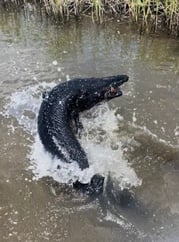
June 22, 2022

July 31, 2024
Related Articles
August 17, 2023
June 5, 2023
June 5, 2023
Featured Locations
- Fishing Charters Near Me
- Austin Fishing Guides
- Biloxi Fishing Charters
- Bradenton Fishing Charters
- Cabo San Lucas Fishing Charters
- Cancun Fishing Charters
- Cape Coral Fishing Charters
- Charleston Fishing Charters
- Clearwater Fishing Charters
- Corpus Christi Fishing Charters
- Crystal River Fishing Charters
- Dauphin Island Fishing Charters
- Daytona Beach Fishing Charters
- Destin Fishing Charters
- Fort Lauderdale Fishing Charters
- Fort Myers Fishing Charters
- Fort Walton Beach Fishing Charters
- Galveston Fishing Charters
- Gulf Shores Fishing Charters
- Hatteras Fishing Charters
- Hilton Head Fishing Charters
- Islamorada Fishing Charters
- Jacksonville Fishing Charters
- Jupiter Fishing Charters
- Key Largo Fishing Charters
- Key West Fishing Charters
- Kona Fishing Charters
- Lakeside Marblehead Fishing Charters
- Marathon Fishing Charters
- Marco Island Fishing Charters
- Miami Fishing Charters
- Montauk Fishing Charters
- Morehead City Fishing Charters
- Naples Fishing Charters
- New Orleans Fishing Charters
- New Smyrna Beach Fishing Charters
- Ocean City Fishing Charters
- Orange Beach Fishing Charters
- Panama City Beach Fishing Charters
- Pensacola Fishing Charters
- Pompano Beach Fishing Charters
- Port Aransas Fishing Charters
- Port Orange Fishing Charters
- Rockport Fishing Charters
- San Diego Fishing Charters
- San Juan Fishing Charters
- Sarasota Fishing Charters
- South Padre Island Fishing Charters
- St. Augustine Fishing Charters
- St. Petersburg Fishing Charters
- Tampa Fishing Charters
- Tarpon Springs Fishing Charters
- Venice Fishing Charters
- Virginia Beach Fishing Charters
- West Palm Beach Fishing Charters
- Wilmington Fishing Charters
- Wrightsville Beach Fishing Charters


